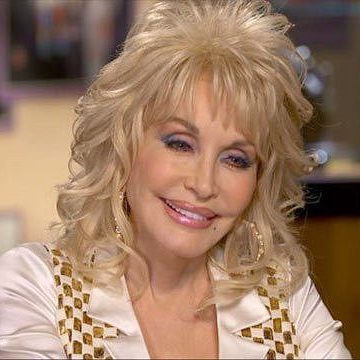 Misconceptions about bisexuality abound.
Misconceptions about bisexuality abound.
Bisexuality. An attraction to more than one gender? Yes. An equal attraction to more than one gender, at all times? Contrary to popular opinion, no. Not necessarily. Many bisexual people prefer a certain gender or genders, with this sometimes changing a little over time. In the eyes of the rest of the world, this can cast all sorts of doubt over a bi person’s sexuality. Anna, 32, sums it up perfectly when she tells LOTL: “I’ve had far more crushes on women. And I’ve never dated a man or anyone non-binary. But to say I am a lesbian is a lie, because I’m not. The trouble is, not everyone agrees with my own perception of myself, which is ridiculous.”
Unfortunately, it often seems that much of the rest of the world wants bisexuals to occupy a space which is easier for them to understand than the complex reality of what bisexuality really is. “There’s this idea that we should just ‘choose’ if we’re more attracted to one gender,” says Kate, 35. “I find this strange. I generally prefer men or androgynous-looking people but I have a long-term girlfriend. This doesn’t dilute my attraction to her or mean I should leave her, it just means that I can count more men and androgynous people I am attracted to than women. I still like those women just as much as everyone else I am attracted to.”
A crude way of measuring where someone’s attractions lie is the old Kinsey Scale.
A 0 makes you straight, a 6 makes you gay. Everything in between is by definition bisexual, with 3 representing a 50/50 attraction to men and women (unfortunately non-binary people aren’t featured). 1,2,4 and 5 are, then, all examples of being bisexual with a preference. That’s 4 categories compared to the 1 which both gay, straight and 50/50 bisexual people have.However, there is a tendency to brand those who are more of a Kinsey 1 as “tourists” or “bi-curious”. Of course this phenomenon does exist, but not everyone who is only “incidentally” attracted to women is going to screw over the women they date.
Not only are many bisexuals not equally attracted to more than one gender, some report that their attraction shifts.
A poll by Biscuit, a website for bisexual women, showed that 28% of readers found this shift happened often; 44% reported that it happened sometimes; 12% were not sure and 16% said it never happened to them. “I certainly go through ‘girl’ phases,” says Bryony, 26. “But this has never meant I stopped liking guys! It doesn’t work like that.” Shifting attraction between genders doesn’t = sleeping around or breaking up relationships.A bisexual experiencing shifting attraction is still bisexual.
If they’ve actually got their heads round the idea of bi people having preferences, it’s not uncommon for someone to feel that “Which do you prefer?” is an acceptable question to ask when another person comes out as bisexual. Unless you know that bi person well and they feel comfortable around you, it’s not. It’s an intrusive and unnecessary enquiry, akin to “Do you have a boyfriend and a girlfriend?” Unless they steer the conversation in that direction themselves, there’s simply no reason you need to know anything about a stranger or acquaintance’s bisexuality except the fact that they identify as bisexual.
Misconceptions about bisexuality abound, and the idea that equal levels of attraction to more than one gender must exist for someone to call themselves bisexual is no less toxic than believing that bisexuals are naturally promiscuous or that they do it “for attention”. Bisexuality is just what it says on the tin: an attraction to more than one gender. It needs no further definition.


